Slow living calms the chaos in this fast pace world. Learn how to live a rich, deep, meaningful life.
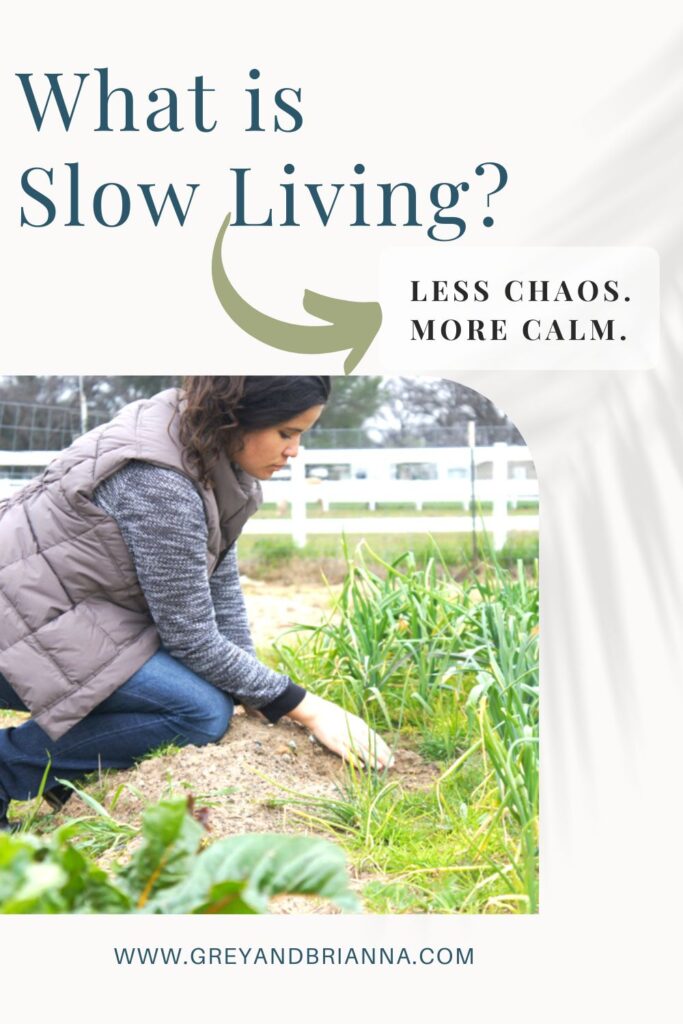
This post contains affiliate links which means I make a small commission at no extra cost to you. See my full disclosure here.
“Busy” has become the new “fine” or “good” when you ask how someone is doing. “How are you guys doing?”…”oh, you know, just busy.” Living a frantic face paced life, is almost a badge of honor stating: “I am a hard worker,” or “we have so many opportunities.”
It is often how conversations are opened, and connections are made. Almost like the fast life just happened, and we have no control over circumstance. I learned, in my adult life, that we absolutely have control over how we perceive the world. We can let it click away, from one activity to the next…never stopping to truly enjoy God’s beautiful handiwork…in the faces of our children, or the breathtaking sights of nature. OR we can embrace the beauty of life and seek truth and purpose. This guide will introduce you to the slow living lifestyle, and give you some ideas to implement some calm in your day.
Anyone can slow down life, at any time. What are you waiting for?
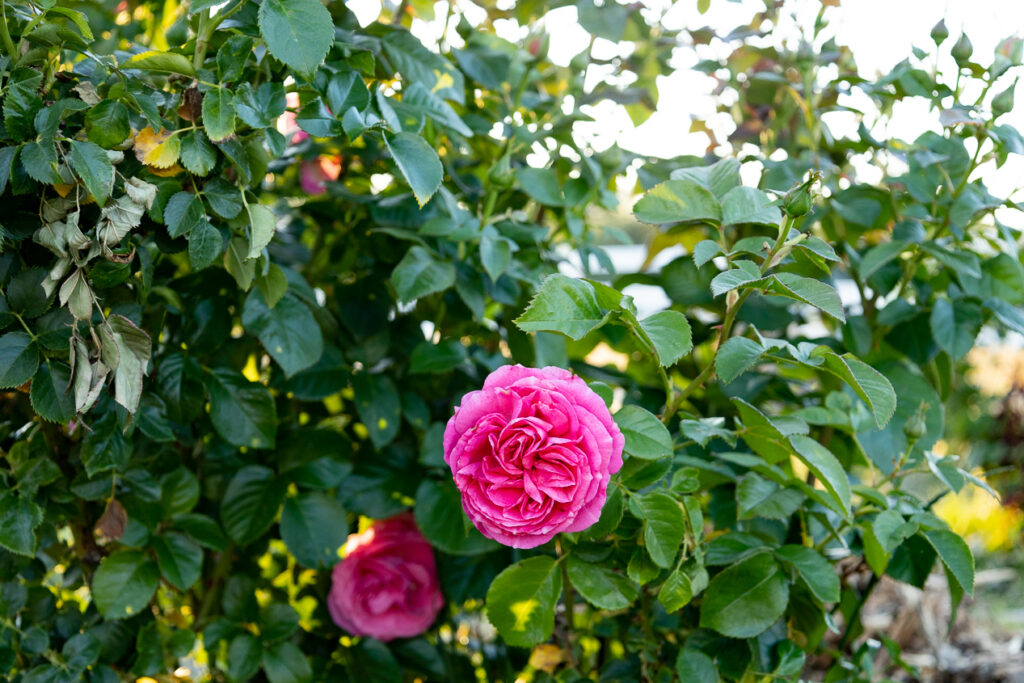
What is slow living?
Slow living is a lifestyle which promotes a slower pace to everyday life. The slow living movement also focuses on the idea that a fast-paced “go, go, go” way of living is chaotic and unsustainable. Whereas a slower pace encourages enjoyment in life, gratitude, and the ability to grow spiritually and live one’s true purpose.
Slow living involves completing tasks at a leisurely pace.
For example: Imagine savoring your first cup of coffee while sitting on your porch or walking through your garden while listening and observing the smells, sights, sounds of the morning. Versus, rushing out the door coffee in hand, on your way to work or swinging through a drive through to beat the clock.
However, slow living does not mean that someone doesn’t use cell phones, the internet, work a day job, run errands, or consume goods and services. It simply means that they aim to complete those same tasks slowly and thoughtfully.
S – sustainable
L – local (using materials and products that are produced locally)
O – organic (avoiding products that have been genetically engineered or mass produced)
W – whole (meaning not processed)
It has come a long way since it’s slow food origins in the 1980’s and 1990’s. Read more about the history of the slow movement below.
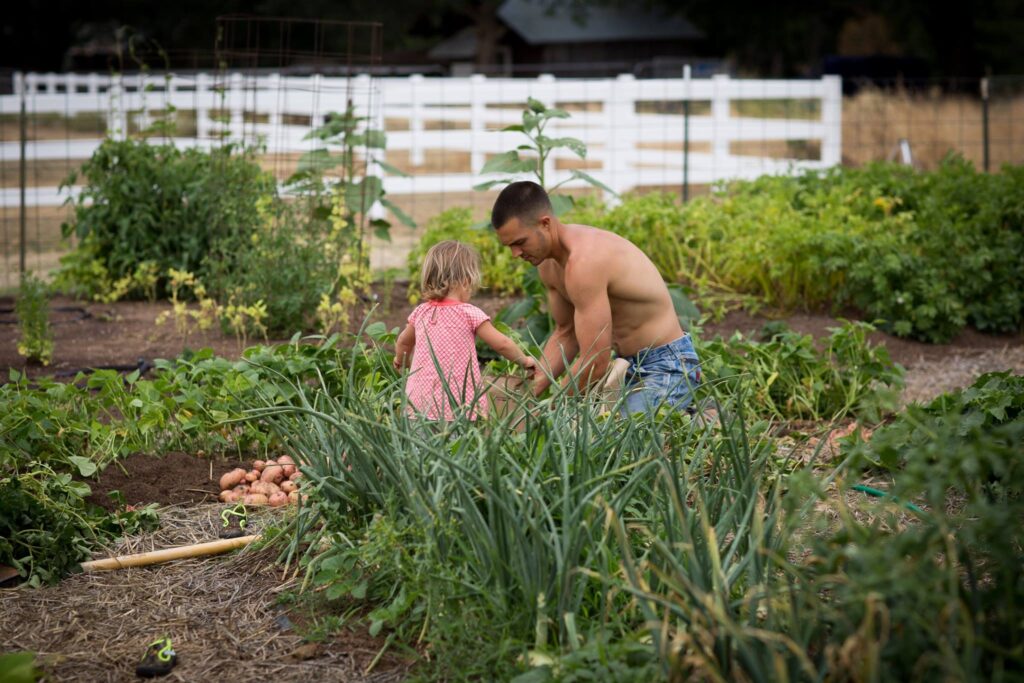
A brief slow living history lesson
The origins of this lifestyle are linked to the Italian slow food movement, which emphasizes traditional food production techniques in response to the emerging popularity of fast food during the 1980s and 1990s. Faced with the opening of a McDonald’s in the heart of Rome, Carlo Petrini and a group of activists formed Slow Food, a movement that defends regional food traditions.
Carl Honoré helped bring the concept of slow living into the mainstream in 2004, with the publication of his book In Praise of Slowness: Challenging the Cult of Speed. He is a well-known author and speaker on the slow movement he has a viral ted talk you can watch here.
In his book, Carl Honoré explores how slow food sparked a broader slow living movement to other areas of life: including work, parenting and leisure.
10 reasons you should consider slow living
It is quite ironic that our full schedules and stuffed full houses are supposed to improve our lives, yet can contribute to more chaos and stress. If you are wanting to escape the busyness for the sake of being busy, adopting a slow way of living might bring you more meaning and more calm.
Though we have chosen to homestead as a way to incorporate slowness into our everyday life, you do not have to. There are many ways you could add slow living into your life right now.
When you rid your life of excess commitments, you can take a purposeful, and leisurely approach to your days. You can actually make your life feel like it is going by slower. You will begin to cherish quality time more than checking off items from an endless to-do list.
So is it worth it to ride in the slow lane (as my grandpa always says)?
Let’s look at some reasons you should consider it.

1. You stop competing with your neighbors
A slow lifestyle can make having the biggest house, nicest car, and latest technology almost irrelevant. You know, those physical items will not bring you more contentment. Getting them can actually contribute to more chaos!
This deceptive game of getting the next nicest thing is an endless cycle where nothing will actually satisfy your desire. Living slow mean you are grateful for what you currently have instead of looking to the next best thing or at what your neighbor has. Ancient scriptures highlight the wisdom of not “keeping up with the Joneses.”
“You shall not covet your neighbor’s house . . . your neighbor’s wife . . . nor anything that is your neighbor’s” (Exodus 20:17).
Being content is incredibly freeing.
If you’ve been caught up in comparisons for a long time, it may take some time and discipline to shake the comparison habit. Slow living is an excellent way to help you get there.
2. You will get back life’s most scarce resource: time
When you choose to work less hours or practice running errands slowly you can enjoy more little moments in life. It is often these small moments bring the most meaning in life, like snuggling your children, going on a date night, or calling a parent or grandparent. Time is the one resource we cannot get more of. It seems to slip through our fingers faster and faster the older we get. Reject that! As a child, most of us had ample time to study the grain of wood on a piece of furniture. Time went by slowly because we were enjoying the present moment and were not enslaved by an endless to do list and packed full schedule.
If you have gotten caught up in a fast paced way of life it may take some time to get used to the margins in your day. Margins are where wonderful things happen like a meaningful conversation with a loved one or an idea for your next purposeful project.
By embracing the slow living movement, you can learn to be calmer and more at ease. You’ll be able to enjoy unscheduled time where wonderful things can happen spontaneously, like an impromptu coffee date or a meaningful conversation. Practice how to enjoy quiet, stillness, and being with your own thoughts.

3. You can focus on the people in your life
What is the most common wish that people at the end of their life express? Typically it is more time with family and loved ones. Why not take their wisdom now! Make people a priority. When you slow down your life, you can you focus on the things that align with your values most. That may mean for some of us being intentional about our relationships.
Pouring into the people you love will enrich and provide more meaning to your time here on Earth. It might mean putting down your phone more often while with your children and/or other family members to show them that you value them. Having set aside time for the people in your life is the best gift you could give them.
4. Your health can benefit
There are countless diseases that are directly related to stress. Mental health is also something that can be improved upon with a slow life. Here are some of the ways that adopting a slow life will contribute to greater health:
- Better and/or more sleep- being being intentional about your time, you may find that you prioritize sleep and will experience greater health benefits because of it.
- Less fast food, more whole food- along with prioritizing good food and having the time to prepare it, you may be consuming less fast food. Less drive through and convince food can boost your physical health.
- Mindful eating- eating mindfully has been held in high esteem among the health community and is something that in impossible while completing other tasks. Skip eating while on a cell phone or in front of your computer or tv. Truly enjoy your food. You may find that you need less of it.
- Promote community and combat isolation- Loneliness can contribute to stress depression and other mental health ailments. By focusing on people and forming good relationships you will experience a better community life.
- Better mental health- Mental health issues in general are at an all time high. With the comparisons people make on social media and the isolation they experience, because of less social outings. (online shopping v. in person shopping) problems like depression and anxiety are higher. Slowing down can improve your mental health.
- Lower stress related symptoms-headaches, high blood pressure, aches, pains, tight muscles, heart palpitations, gastrointestinal symptoms, and muscle tightness can all be calmed down.
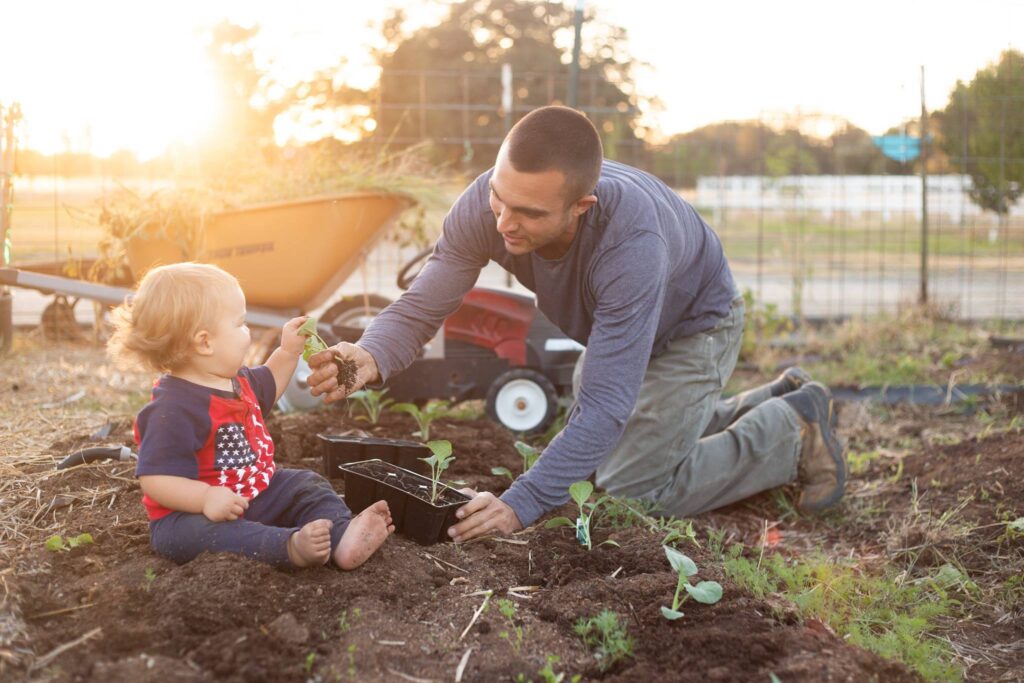
5. You have richer, deeper experiences
When you incorporate more slowness into your everyday life, you make room for prayer, gratitude, and reflection. This allows you to feel moments more deeply, and have a more peaceful mental state while completing everyday tasks.
Not to mention the boost in mental function and focus. If you are focusing on one task at a time, your brain is no longer frantic to the “what’s next?” “I should have said” or wandering off somewhere. You can fully immerse yourself in the activity at hand. Having more time can also mean you have more intimate connections with people. Since you have set aside intentional time for people you have room to relate to others in a more meaningful way. Slow living doesn’t just have an affect on richer experiences, you can expect to actually get a boost in your productivity as well.
6. You can boost your productivity
It is so tempting to multitask in todays world. Multiple tabs open, podcast playing the background, etc. It alluring because multitasking has a perceived outcome of getting more done, but it has been proven to make us less productive. Not only does it not help get more done, it actually contributes to mental clutter, which makes our state of being frantic.
Multitasking and trying to get it all done, versus being deliberate and moving steadily from one task to the next reminds me of the children’s story, The Tortoise and the Hare. In the end the person that was steadily moving forward calmly and slowly will come out ahead of the frantic hare bouncing from one thing to the next.
7. You feel lighter and happier
After adopting a slow living mindset, many concerns start to fall away. You are no longer busy just to be the person that the world expects you to be. Your life feels purposeful because you are focusing on God’s purpose for your life, which allows you to extract real meaning and enjoyment out of it.
Slow living will allow you to have time and energy to pay attention to what truly brings you happiness and meaning. You might be surprised to find that your mental state will be improved because you know you are living everyday with fullness and intention.

8. You will have more time for creative hobbies
Single tasking has the opposite affect of multitasking. Not only does it make you more productive, it improves your creativity! With more creative juices flowing, and a less cluttered calendar, you will be free to pursue creative hobbies and projects. As children there seemed to be ample time to make things, daydream, and problem solve. Many adults seem to not have enough time to step into the creative space. By living slowly you can intentionally set aside time for creative hobbies. Some creative projects you might want to tap into once you have freed up time:
- Draw
- Garden
- Journal
- Paint
- Read
- Dance
- Bake
- Daydream
- Workout
- Sew
- Woodwork
- Dance
- Play Music
- Sing
- Make Soap
- Needlepoint
- Knit
- Make Candles
- Write
This is by no means an extensive list of hobbies…the possibilities are endless! I believe that everyone is creative because we were created in God’s image who is a creator. Without that time to make something with our hands, life seems less fulfilling.
“So God created man in his own image, in the image of God he created him; male and female he created them.”
Genesis 1:27
9. Simple Living Increases Self-Sufficiency
For us, slow living means taking a hands on approach to sourcing our food. Remember that “slow acronym” in the beginning: sustainable, local, organic, whole? Homesteading seemed like the most reasonable and enjoyable way to pursue this for us. Though I truly believe that we are not designed to be self-sufficient, I do think pursuing a more local model that is community based is beneficial. If you want to dive deeper into this topic read how to improve your self sufficiency.
Don’t worry if you have no desire to homestead, or are not in the position to raise your own food. There are other ways you can slow down in this area, like visiting farmers markets, cooking from scratch, pursuing hobbies that develop skills.
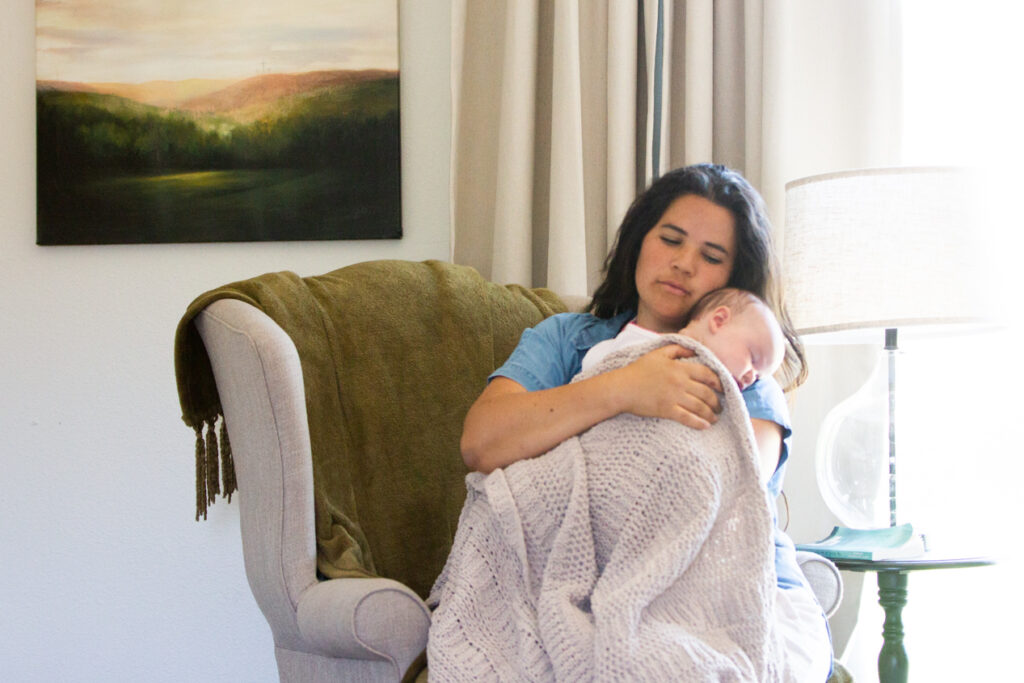
10. Financial Benefits of Slow Living
Living slowly will also benefit your pocketbook. By simply cooking from scratch with simple ingredients, sourcing locally, and buying in bulk, you may find that you immediately see a reduction in your bill at the grocery store. Many people find that by living slowly they find pleasure in simple things and no longer want to make meaningless purchases.
Common misconceptions about slow living
In his book The Ruthless Elimination of Hurry John Mark Comer notes that “slow” has a negative connotation associated with it in our modern day world. For example when a movie isn’t that good it is often described as “slow.” This can unintentionally set a negative tone for a slow life.
Other critics might describe a person that lives a slow life as lazy or unproductive. Carl Honoré mentions that there is a distinction between good slow and bad slow. Good slow is choosing to slow down to achieve a more enjoyable and/or productive outcome.
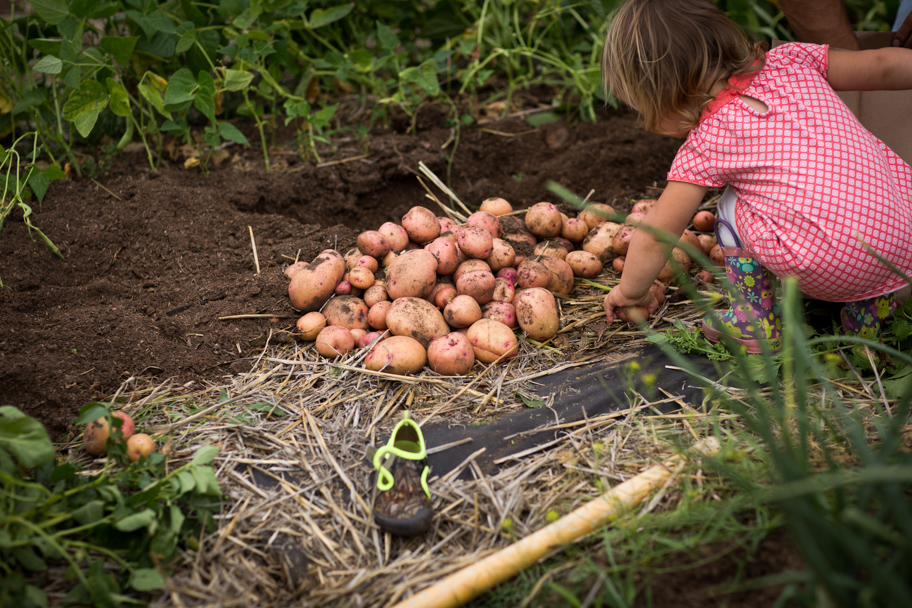
Debunking other common misconceptions:
- You can live slowly even if you live in the city. Many people associate slow living with country life, and while that is a good way to incorporate slowness, it isn’t the only way.
- Slow living isn’t at odds with being successful or productive. Rather, it’s about living up to your own idea of success and prioritising what’s most important to you.
- Slow living doesn’t mean going tech-free. It means ensuring technology is serving us, not distracting us, and acknowledges the need for screen downtime in the digital age.
- And finally, slow living will take time to implement. It is not an overnight fix. It is a daily practice.
Are you ready for slow and simple living?
Slow living seems like swimming against the current in today’s modern world. I believe it is worth the effort! It is so easy to find yourself in a constant state of comparison with social media, and running a race you never intended on running. Your health and mental state will improve by implementing some systems to live more slowly.
It is time to start enjoying your life and living more intentionally and slowly. If you are serious about slowing down, grab my FREE EBOOK: A Quick Start to Slow Living. I wrote this simple guide to get you going on your journey, it is my gift to you!
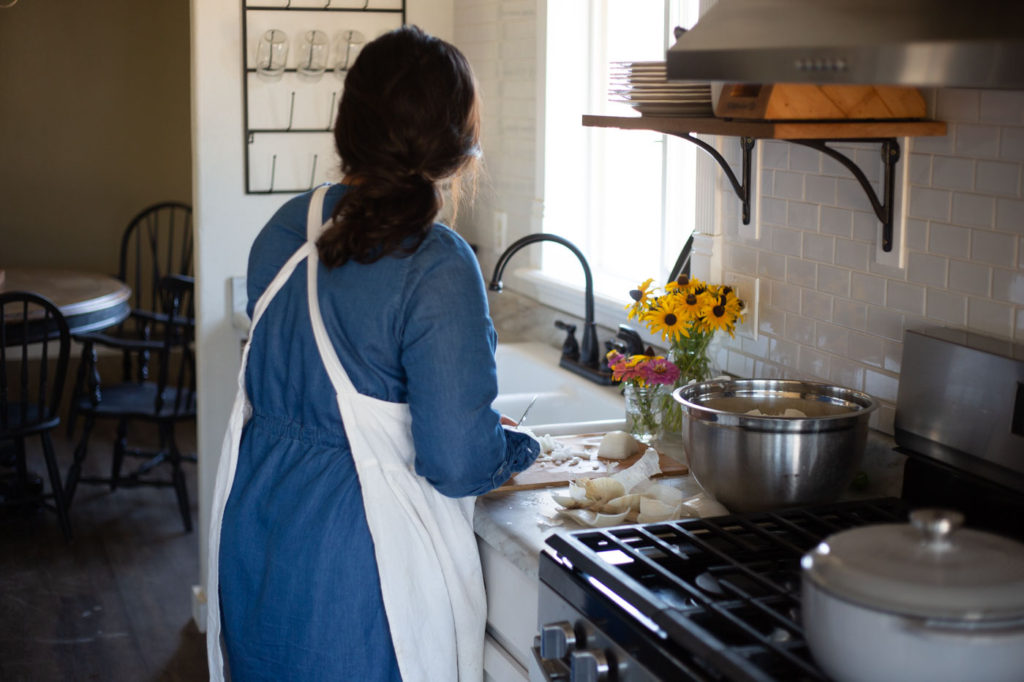
Slow living Frequently Asked Questions
What are some slow living examples?
The implementation of slow living can look different for everyone. If you still need clarification on what it might look like for you, here are some slow living examples:
- Decluttering physical belongings to have less to manage
- Set strict limitations on phone and screen time
- Spending more time pursuing the people in your life, not the things
- Eliminate items on your to do list that do not align with your life’s purpose
- Single tasking at your work, to be more efficient
- Gardening and growing vegetables
- Going on long walks in nature
- Engaging all you senses during tasks
- Sitting down to a home cooked meal
- Shopping less, and being intentional about purchases
- Learn new creative hobbies
- Cooking and baking from scratch
- Spending more time at your children’s pace
What are the benefits of slow living?
As outlined above slow living has numerous benefits that
- No more competing with your neighbors
- You will get back more of life’s precious resource: time
- Life is more people focused
- Physical and mental health benefits
- Deeper, richer, more memorable experiences
- Boost productivity
- You will feel lighter, happier and more peaceful
- More time or creative hobbies
- Increased self-sufficiency
- Personal financial boost
Is slow living a trend?
Though slow living has gained in popularity recently, it is not a trend. Slow living returns us to how humans have lived for thousands of years, before the information age.
What are slow hobbies
Almost anything can become a slow hobby, it is simply something you enjoy thoroughly and partake in undistracted.
You May Also Like:
Family of 5 Living in 800 sq. ft.
Homeschooling for Homesteaders
How to Vacation with a Homestead
Pin it for Later:


Fed up with the fast paced modern world, Grey & Brianna made drastic changes to live slowly and intentionally. Read more about their unlikely story back to calm. If you want to send Grey & Brianna a quick message, then visit their contact page.

Leave a Reply